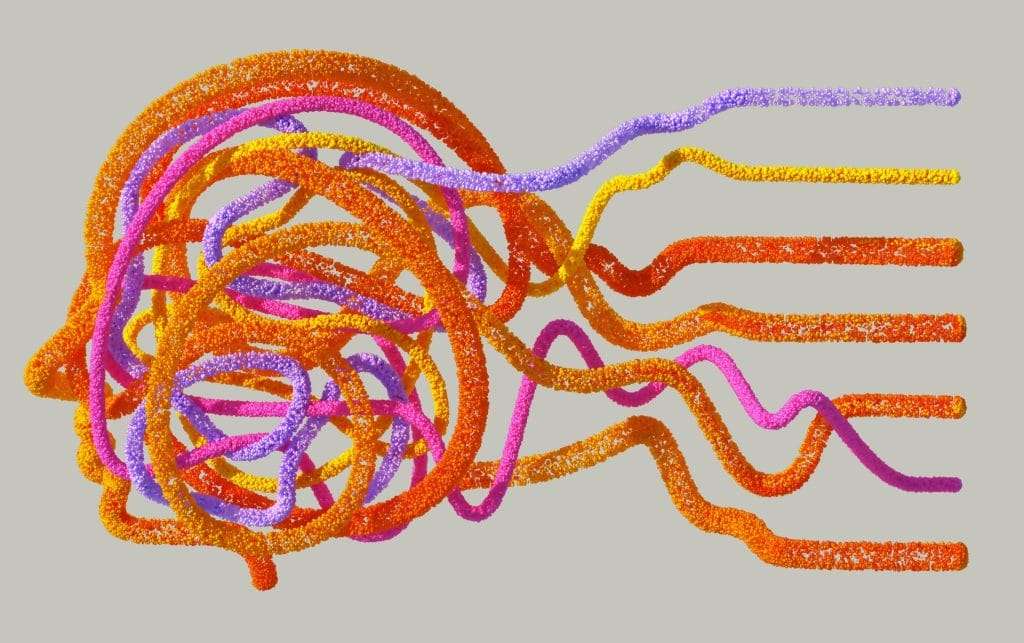Nootropics: Smart Drugs to Boost Brain & Cognitive Function – Nootropic vitamins for focus
Cognitive performance Is becoming increasingly important. Whether you’re a student preparing for exams, a professional navigating demanding workloads, or simply someone looking to maintain mental sharpness as you age, the concept of enhancing brain function holds universal appeal. This growing interest has led to the rise of nootropics – compounds designed to boost cognitive performance and support overall brain health. What Are Nootropics? The term “nootropic” was coined in 1972 by Romanian psychologist and chemist Dr. Corneliu E. Giurgea, who developed piracetam, one of the first cognitive-enhancing substances. The word stems from the Greek “noos” (mind) and “tropein” (to bend or turn), literally meaning “mind-bending.” According to Giurgea, true nootropics should enhance learning and memory, protect the brain from physical or chemical injury, have few side effects, and possess extremely low toxicity. Today, nootropics encompass a broad category of natural and synthetic compounds that claim to improve cognitive functions such as memory, creativity, motivation, and attention. The field has expanded significantly beyond Giurgea’s original definition to include various substances with potential cognitive benefits. The Science Behind Cognitive Enhancement The human brain, despite accounting for only about 2% of body weight, consumes approximately 20% of the body’s energy. This metabolically demanding organ requires a complex interplay of nutrients, neurotransmitters, and cellular processes to function optimally. Nootropics aim to support and enhance these processes through several mechanisms: Neurotransmitter Modulation Many nootropics work by affecting the brain’s neurotransmitter systems – the chemical messengers that transmit signals between neurons. Key neurotransmitters involved in cognitive function include: Acetylcholine: Critical for learning and memory, particularly in the formation of new memories [1] Dopamine: Essential for motivation, reward, and focus Serotonin: Affects mood, sleep, and appetite Glutamate and GABA: The brain’s primary excitatory and inhibitory neurotransmitters, respectively, they maintain cognitive balance [2] By modulating these neurotransmitter systems, certain nootropics can potentially enhance specific aspects of cognition. For example, compounds that increase acetylcholine levels or sensitivity may improve memory formation and recall. Cerebral Blood Flow and Metabolism Another mechanism through which nootropics may work involves enhancing cerebral blood flow and metabolism. The brain requires a constant supply of oxygen and glucose to function optimally. Compounds that enhance blood flow to the brain or improve how cells utilize energy may support cognitive function. Vinpocetine, derived from the periwinkle plant, has been studied for its effects on cerebral blood flow. Research suggests it may enhance memory and cognitive function by improving blood circulation to the brain and increasing the brain’s utilization of oxygen and glucose. Neuroprotection and Neuroplasticity Some nootropics offer neuroprotective effects, helping to shield neurons from oxidative stress and other forms of damage. Others may support neuroplasticity – the brain’s ability to form new neural connections and adapt to new information and experiences throughout life. Glam Dust Radiant Skin – Luscious Hair – Pristine Nails Vitamin Shots The ultimate brain and body supplements Vitamin Sprinkles The ultimate brain and body supplements Categories of Nootropics – Nootropic vitamins for focus Nootropics can be broadly categorized into several groups: Natural Nootropics These are compounds found in nature, often in foods or herbs with traditional uses for cognitive enhancement: Herbal Nootropics Bacopa Monnieri (Brahmi) is an adaptogenic herb used in Ayurvedic medicine for centuries. Modern research suggests Bacopa may enhance memory and reduce anxiety by modulating neurotransmitters and protecting neurons from oxidative stress [3]. In a 12-week randomized controlled trial, participants taking Bacopa showed significant improvements in speed of visual information processing, learning rate, and memory consolidation compared to placebo [4]. Ginkgo Biloba, derived from one of the oldest living tree species, has been extensively studied for its cognitive effects. It appears to work by improving blood flow to the brain and providing antioxidant protection. A meta-analysis of 28 studies found that Ginkgo supplementation may improve aspects of cognition, functional performance, and quality of life in patients with dementia or cognitive impairment. Panax Ginseng (Asian Ginseng) contains compounds called ginsenosides that may have neuroprotective effects and help reduce mental fatigue. Research indicates that ginseng may modestly improve mental performance, particularly in middle-aged individuals. One study found that a single dose of ginseng improved performance on a mental arithmetic task and reduced self-ratings of mental fatigue. Food-Derived Nootropics Omega-3 Fatty Acids, particularly DHA (docosahexaenoic acid), are crucial structural components of brain cell membranes. These essential fatty acids, found primarily in fatty fish, play vital roles in brain development and function. Research suggests that adequate omega-3 intake may help maintain cognitive function with aging. The Framingham Heart Study found that participants with the highest DHA levels had a 47% lower risk of developing dementia compared to those with lower levels. L-Theanine, an amino acid found in tea leaves, promotes relaxation without sedation. When combined with caffeine, as naturally occurs in tea, L-theanine may enhance attention and reduce the jittery effects of caffeine alone [5]. A study published in Nutritional Neuroscience found that the combination of L-theanine and caffeine improved both speed and accuracy of performance on attention-switching tasks and reduced susceptibility to distracting information [6]. Synthetic Nootropics These are laboratory-created compounds designed specifically for cognitive enhancement: Racetams, including piracetam, aniracetam, and oxiracetam, were among the first synthetic nootropics developed. They appear to modulate neurotransmitter systems and enhance cell membrane fluidity. While piracetam has shown some benefits for cognitive decline in elderly populations, the evidence for healthy individuals is less conclusive [7]. A systematic review and meta-analysis concluded that piracetam was superior to placebo in treating cognitive impairment in diverse clinical settings. Modafinil was originally developed to treat narcolepsy but has gained popularity as a cognitive enhancer. It promotes wakefulness and may improve aspects of attention and executive function. Research suggests modafinil may enhance cognition in sleep-deprived individuals, though its use as a nootropic in healthy populations remains controversial. A comprehensive review published in European Neuropsychopharmacology found that modafinil appears to enhance attention, executive functions, and learning in healthy non-sleep-deprived individuals, with minimal side effects. Vitamins and Minerals as Cognitive Enhancers Nutritional status plays a crucial role in cognitive function, and certain vitamins




